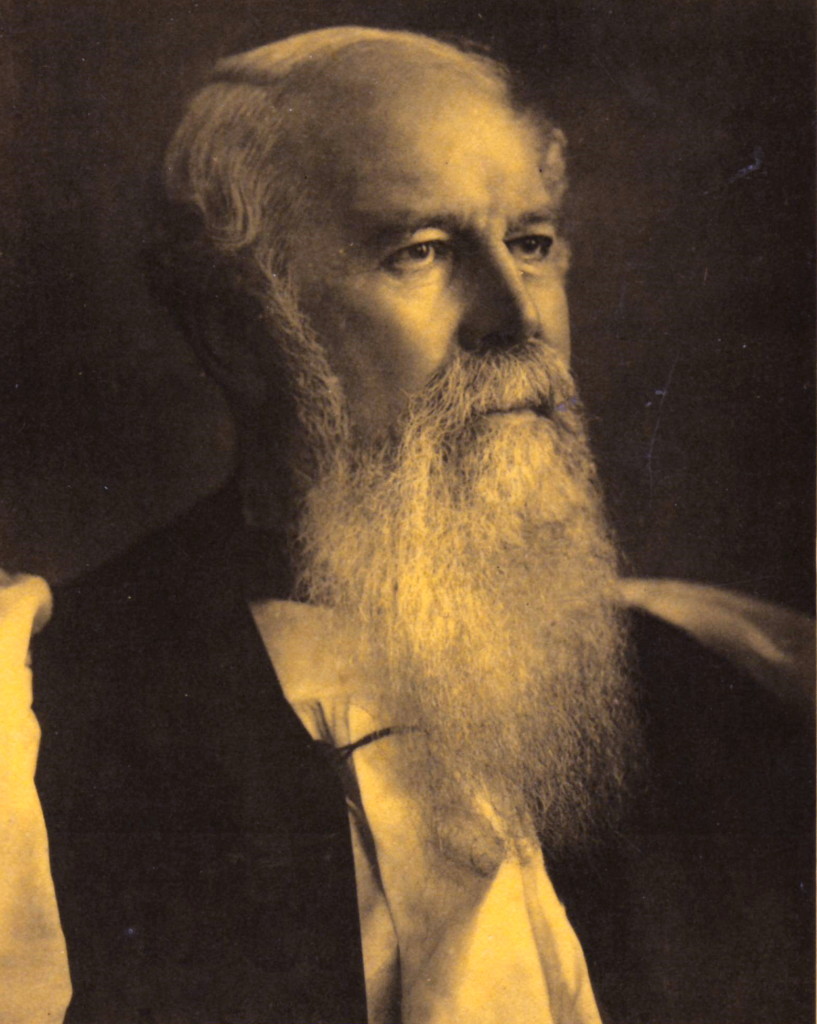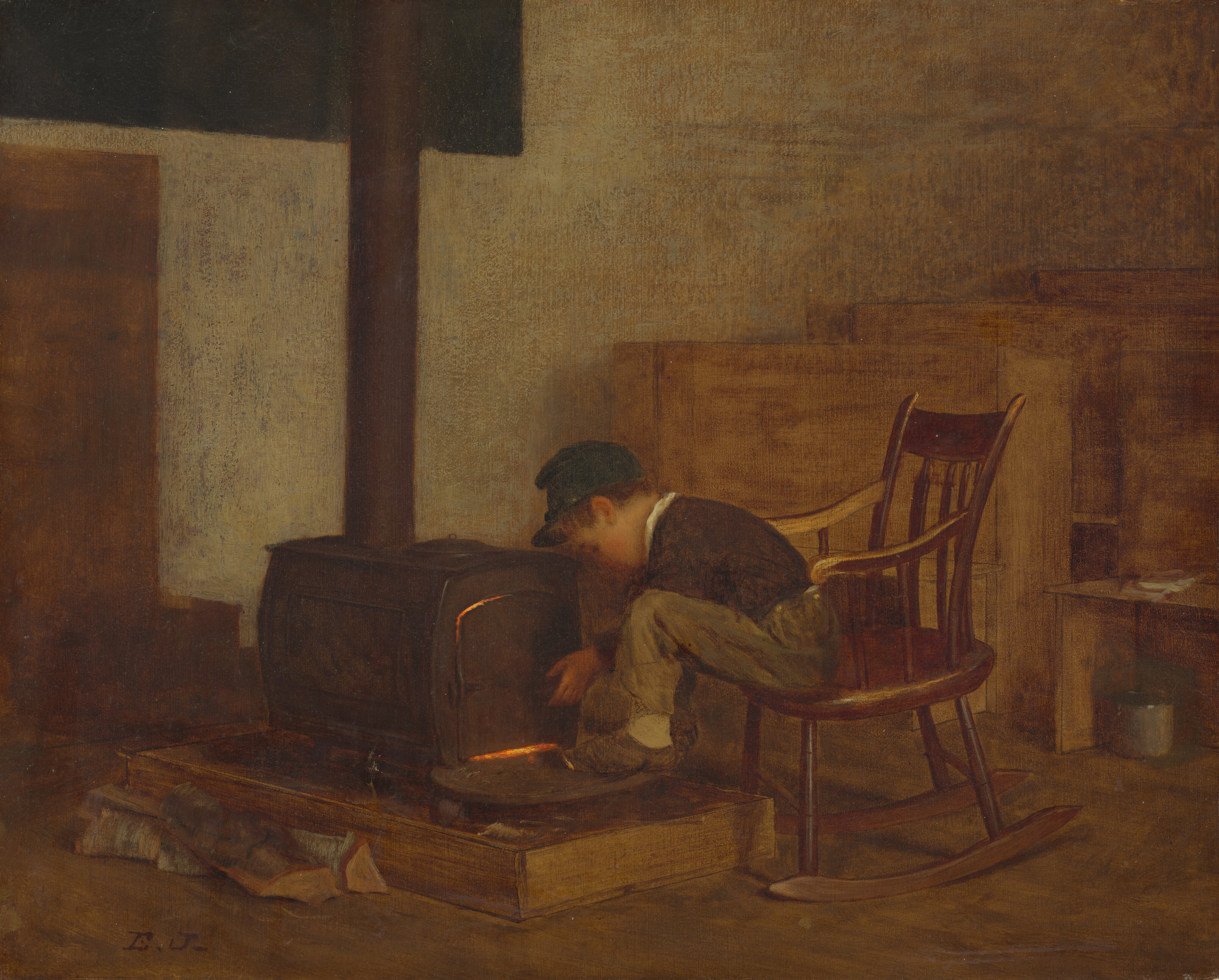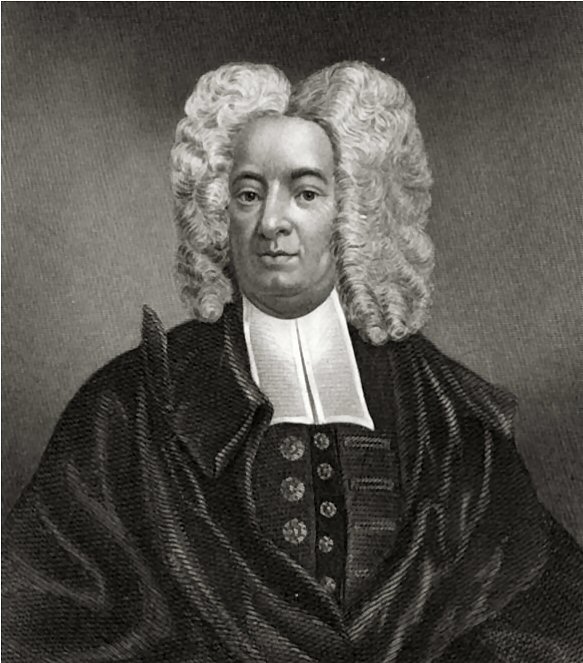Rather than a random group of dots, the various facets of education should connect like a column of ants traversing a picnic blanket. Last Friday, I had the privilege of watching junior kindergartners retelling four classic fairytales using student narration and finger puppets. Later that evening, I listened to three students present and defend their senior thesis projects. Contemplating these examples drawn from the beginning and end of a Trinitas education is worthwhile for thoughtful parents serious about the kind of education they want for their children.
Topics: Blog Posts, School Life, Classical Education, Thesis Projects, Public Speaking, Parent Involvement, Virtue
Last week in this space, we considered how Trinitas is distinctly different in our classical pedagogy. This week, we’ll note together how Trinitas is distinctly different in our classical content and in our Christ-centered instruction. And, most importantly, how all of these things contribute to our distinctly different Christ-centered culture.
The next thing that makes Trinitas different is what we teach.
Topics: Blog Posts, Classical Education, Christian Education, Christian Living, Secular Education
What parent wouldn’t want the best education for their child? To help make that decision, parents need information about the educational options available to them. If you aren’t comfortable with the status quo or want to give your children a better education than the one you received, maybe it’s time to consider a distinctly different kind of education.
The government schools, and in many cases even the Christian schools, have been weighed and found wanting, and so we are all looking for something distinctly different for the education of our Christian children. Consider the three main ways a Trinitas education differs sharply from government schools and even other Christian schools and then explore the reasons why we should be different in these ways.
Topics: Blog Posts, Classical Education, Christian Education, Secular Education
Generational faithfulness is a recurring discussion in the Trinitas community. Even while being considered for admission, prospective parents are asked to describe the fundamental beliefs and practices that form the primary foundation for their child’s faith formation. Continuity between how parents order their own lives and the expectations they hold for their children is essential. One generation’s faithfulness before God forms an avenue of blessing for succeeding generations.
Is there anything a 19th century Anglican Bishop can teach modern Christian parents about training their children? In short, absolutely! As Trinitas parents gather this week for the first Parent Traditio of the new year, they will be discussing a short essay written by J. C. Ryle entitled The Duties of Parents. In it, Bishop Ryle shares seventeen specific directives for Christian parenting that are gospel-centered and rooted in common sense while also practical and encouraging.
Topics: Blog Posts, Parenting, Christian Education, Christian Living
Yesterday, the Trinitas Board of Governors spent the entire day engaged in a continuous improvement discussion which resulted in an update to the school’s five-year strategic plan. Revisiting this process and document regularly helps the board ensure that the school is not only staying faithful to its founding mission and vision but is also thriving while improving in the execution of the same.
As valuable as that process is for organizations, it is equally important for parents to honestly assess where their family is in relation to the high calling placed upon Christian parents and to thoughtfully craft their own “strategic plan.”
Topics: Blog Posts, Parenting, Christian Education, Christian Living
The start of a new year is often a time for making resolutions. Perhaps, like me, you are contemplating the best way to lose the extra ten pounds that inexplicably appeared in the mirror the last few weeks. Maybe you find yourself strategizing how to make better use of your time in the coming 365 days (e.g. wake up earlier, watch less tv, buy a planner?). Although there is nothing wrong with these typical self-improvement pursuits, perhaps we’d all do well to consider making resolutions like a modern-day puritan.
We should read broadly. People love diversity, and that's good--so I suggest getting books from a wide diversity of authors. Often when people say, “I read diverse authors,” they meet sometimes mean “I read multi-colored authors.” That's not what I mean. I mean that you should read ideologically diverse authors. For example, take Voddie Baucham. He requires his children to read Mein Kampf, Origin of Species, Malcolm X, Langston Hughes, The Chronicles of Narnia, The Lord of the Rings, and Greek mythology. He's not afraid to do that. He himself spends nearly as much time reading books with which he disagrees as those which affirm his positions, and he is able to identify with and profit from both.
Topics: Blog Posts, Social Issues, Reading

-2.png)








